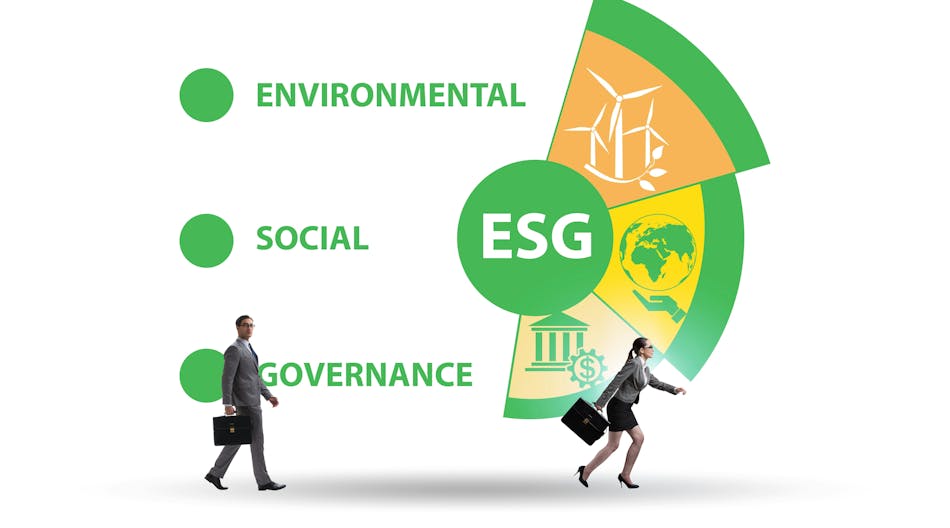Following climate marches by hundreds of thousands of Americans over the weekend, 12 U.S. governors are urging President Donald Trump to remain in the Paris Climate Agreement and keep the United States’ commitment to reduce greenhouse gas emissions 26-28 percent below 2005 levels by 2025.
The governors of California, Colorado, Connecticut, Delaware, Hawaii, Minnesota, New York, Oregon, Pennsylvania, Rhode Island, Virginia and Washington signed onto the letter, which was sent to the White House on May 3.
The Georgetown Climate Center worked with states to facilitate the letter, which reads:
We write as governors of 12 states that are home to 107 million Americans and comprise approximately 38 percent of the nation’s GDP, to urge you to keep the United States in the Paris Climate Agreement. Given the progress our states have made in reducing greenhouse gas emissions, we are convinced that the United States’ goal of 26-28 percent below 2005 levels is readily achievable. Maintaining the U.S. commitment is essential to protect our residents, and indeed, all Americans from the potentially catastrophic impacts of a changing climate.
We see our climate changing today through rising sea levels, increasing flooding, drought and decreasing snow cover. These changes are causing forest fires and water shortages, adding to air pollution levels and accelerating the spread of disease-carrying pests and causing illness and death from extreme weather patterns, amongst other impacts. Our states stand to bear the brunt of these climate change impacts and the economic costs running in the tens of billions of dollars or more.
We stand ready as state leaders to continue to support the achievement of the existing U.S. Nationally Determined Contribution (NDC) to the Paris Agreement – and, if possible, to go further, faster. The policies we are implementing that support the U.S.’s achievement of its Paris commitment not only cut carbon pollution – they also create jobs, boost competitiveness, and bring clean energy and a cleaner environment to our citizens. These benefits can and should accrue to all Americans.
Collective action to limit emissions world-wide is critical; without collaboration, climate change will cost the world’s nations several trillion dollars in damages. Under the Paris Agreement, all the world’s major economies are taking action on climate change for the first time, including China and India, which have put forward their own commitments to cut their carbon pollution domestically. If the U.S. does not maintain global climate leadership through national policies to reduce greenhouse gas emissions and transition to clean energy, China and India will. This would be a huge lost opportunity, putting us at a competitive disadvantage and potentially locking us into technologies and economic pathways that are increasingly obsolete while China and India reap the benefits of low-carbon leadership.
In each of our states, the path forward is clear. Our citizens demand the low-cost, clean-air benefits that a clean energy transition can provide. Our leading U.S. companies recognize the need to address business risks and opportunities through the Paris Agreement, and are wisely investing in low-carbon fuels and technologies to stay on the cutting edge of the global economy. Our track record – reducing carbon pollution while growing jobs and our economies – provides proof that we need not sacrifice opportunity for action. Indeed, we can secure that opportunity only by continuing to lead.










































































